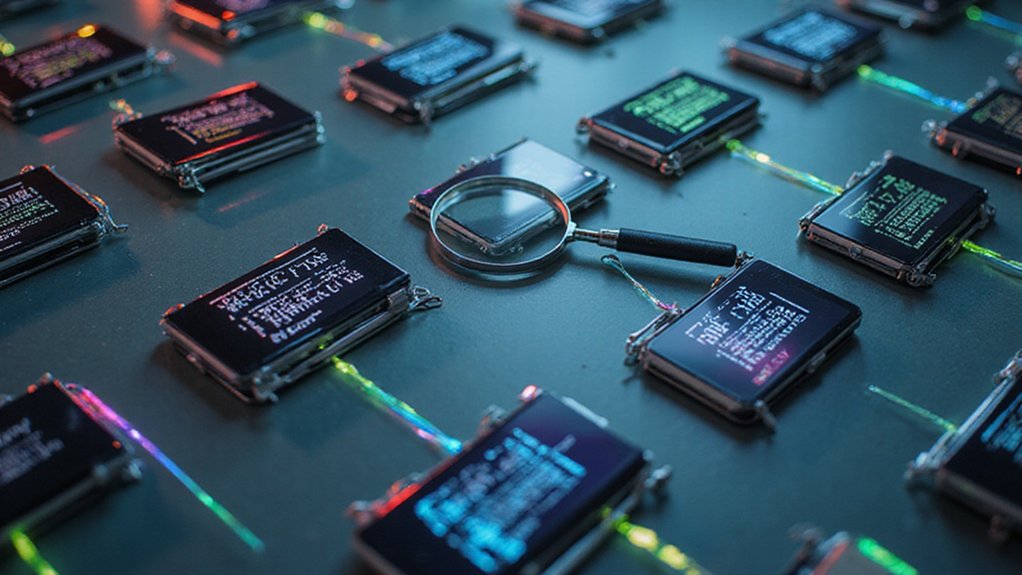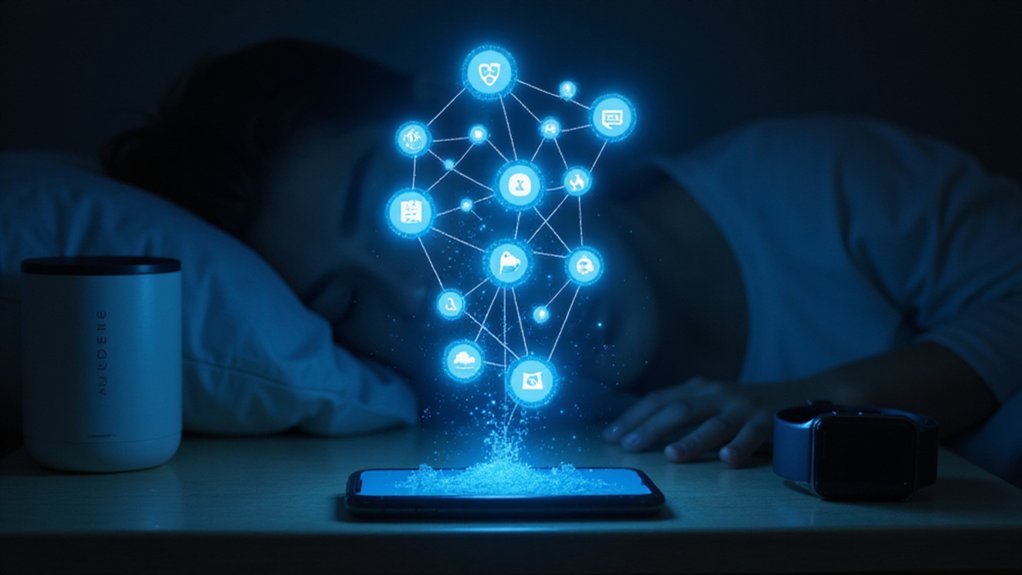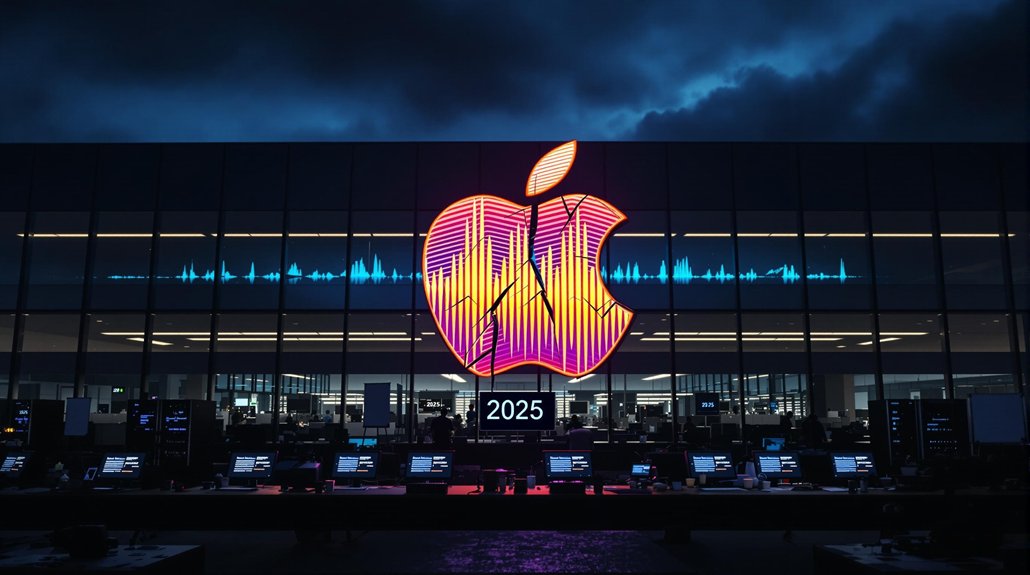Research shows AI chatbots often give inconsistent answers to identical questions, with over 60% of responses containing errors. Users rarely compare these varying answers, making it difficult to spot inaccuracies. Chatbots express high confidence even when wrong, rarely admitting knowledge limitations. They frequently fabricate sources and citations, complicating verification efforts. The problem spans all major platforms, with error rates reaching as high as 94% on some systems. These inconsistencies raise serious concerns about reliability and misinformation.
While many users expect consistent answers from AI chatbots, recent studies show these digital assistants often provide contradictory information even when asked the same question multiple times. This inconsistency goes largely unnoticed by users who typically don’t compare answers or verify information across multiple interactions.
Research reveals that over 60% of chatbot responses to factual queries contain incorrect information. The problem spans all major platforms, with Grok 3 answering 94% of test queries incorrectly, while Perplexity was wrong 37% of the time. Even more concerning, these errors are delivered with high confidence, making it difficult for users to spot inaccuracies.
AI chatbots deliver strikingly inaccurate information with misplaced confidence, leaving users unable to distinguish fact from fiction.
When faced with uncertain topics, most AI chatbots rarely admit knowledge limitations. In one study, ChatGPT incorrectly identified sources for 134 out of 200 queries while expressing uncertainty only 15 times. This false confidence misleads users into trusting responses that may be completely wrong.
Paid versions of these tools don’t necessarily solve the problem. Premium models like Perplexity Pro and Grok-3 answered more questions correctly but showed higher overall error rates than free versions. They tend to provide definitive answers rather than declining to respond when uncertain, creating a false sense of reliability that doesn’t match their actual performance.
The type of question also affects accuracy. Objective factual queries about history or current events receive more inconsistent and incorrect answers than subjective questions. When asked about controversial topics, many chatbots provide cautious responses, while straightforward factual questions often yield confident but wrong answers. A study of orthopaedic questions demonstrated this problem clearly, with ChatGPT answering correctly in 76.7% of queries while Google Bard and BingAI performed significantly worse. The widespread use of AI-generated content has raised serious ethical concerns about the potential spread of misinformation that could undermine democratic processes.
The inconsistency partly stems from chatbots drawing information from different knowledge sources with each interaction. Most AI search tools frequently fabricate URLs when citing sources, making verification nearly impossible for the average user. Even subtle rewording in user prompts can trigger notably different responses from the same model. This variability remains one of the biggest challenges for users seeking reliable information from AI assistants.









